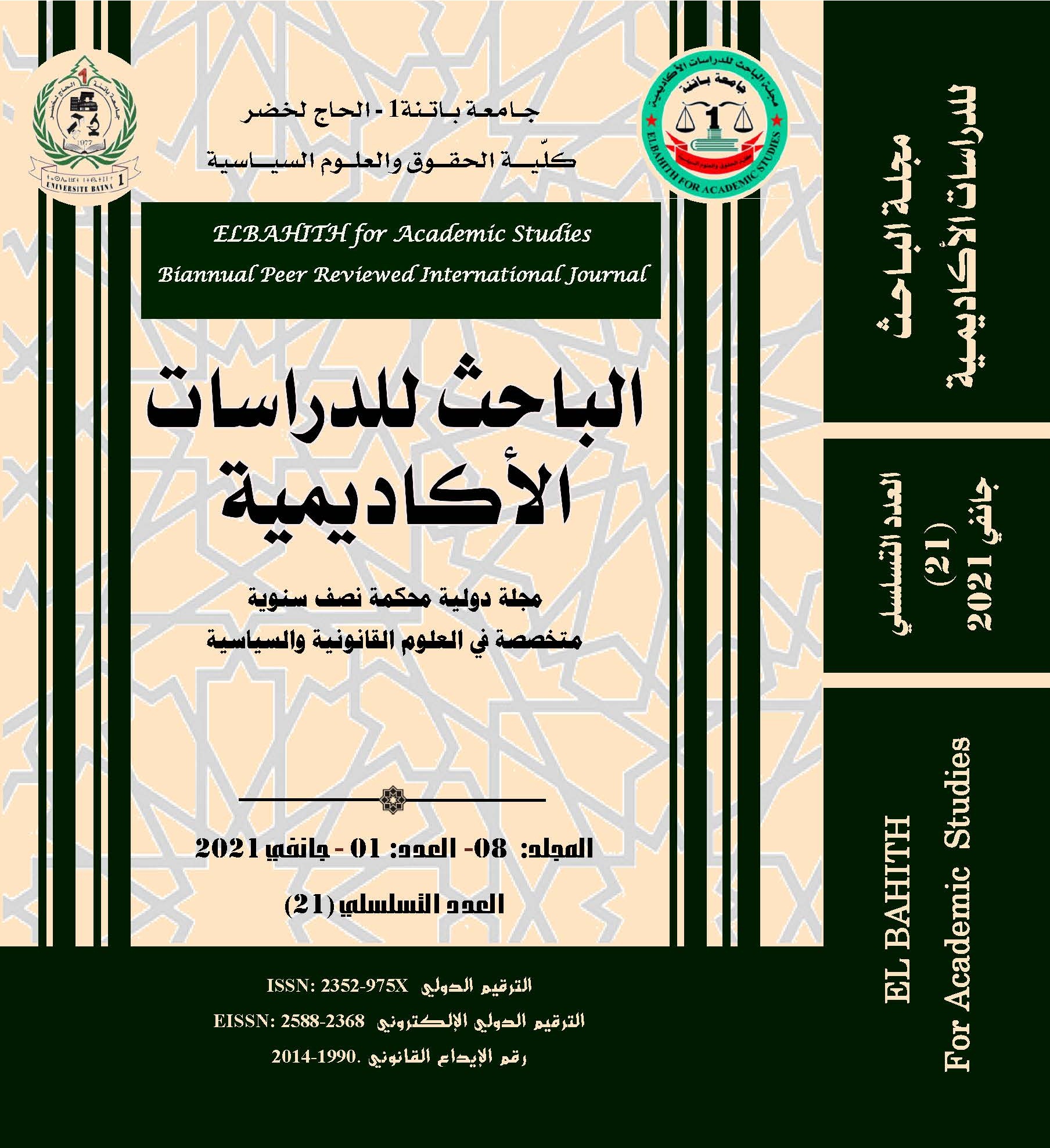International efforts to combat cyber terrorism
DOI:
https://doi.org/10.59791/elbahith.v8i1.76Keywords:
Cyber terrorism, cybercrime, United Nations, Russian FederationAbstract
The development of communication and information technology in the modern world has contributed to the emergence of a new form of terrorism - "cyber terrorism". Numerous attacks by cyber terrorists have become a serious threat to both international peace and security and the national security of countries. Cyber attacks can damage public services such as electricity and water networks, the financial system of states, military installations, obstruct air or sea traffic, lead to the death of innocent people, and cause enormous material and moral damage.
The paper examines the effectiveness of international cooperation in the fight against cyber terrorism and the effectiveness of international conventions and mechanisms to combat it.
The purpose of the study is to highlight the most important international treaties and mechanisms to combat cyber terrorism and find a common basis for the development of a system of international law and legislation, as well as effective mechanisms and means to address the root causes of terrorism in cyberspace.
The descriptive approach, the inductive method and the analytical approach used in the work are accompanied by a review, analysis and extrapolation of doctrinal opinions and international conventions related to the fight against cyber terrorism.




